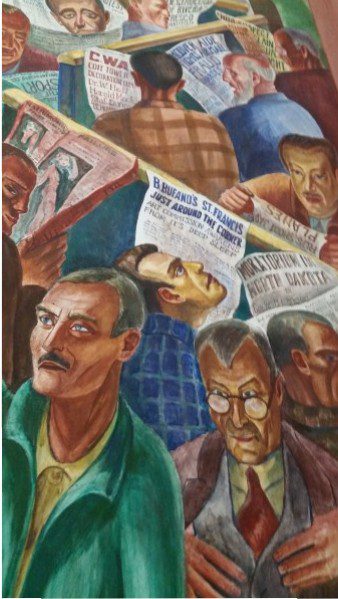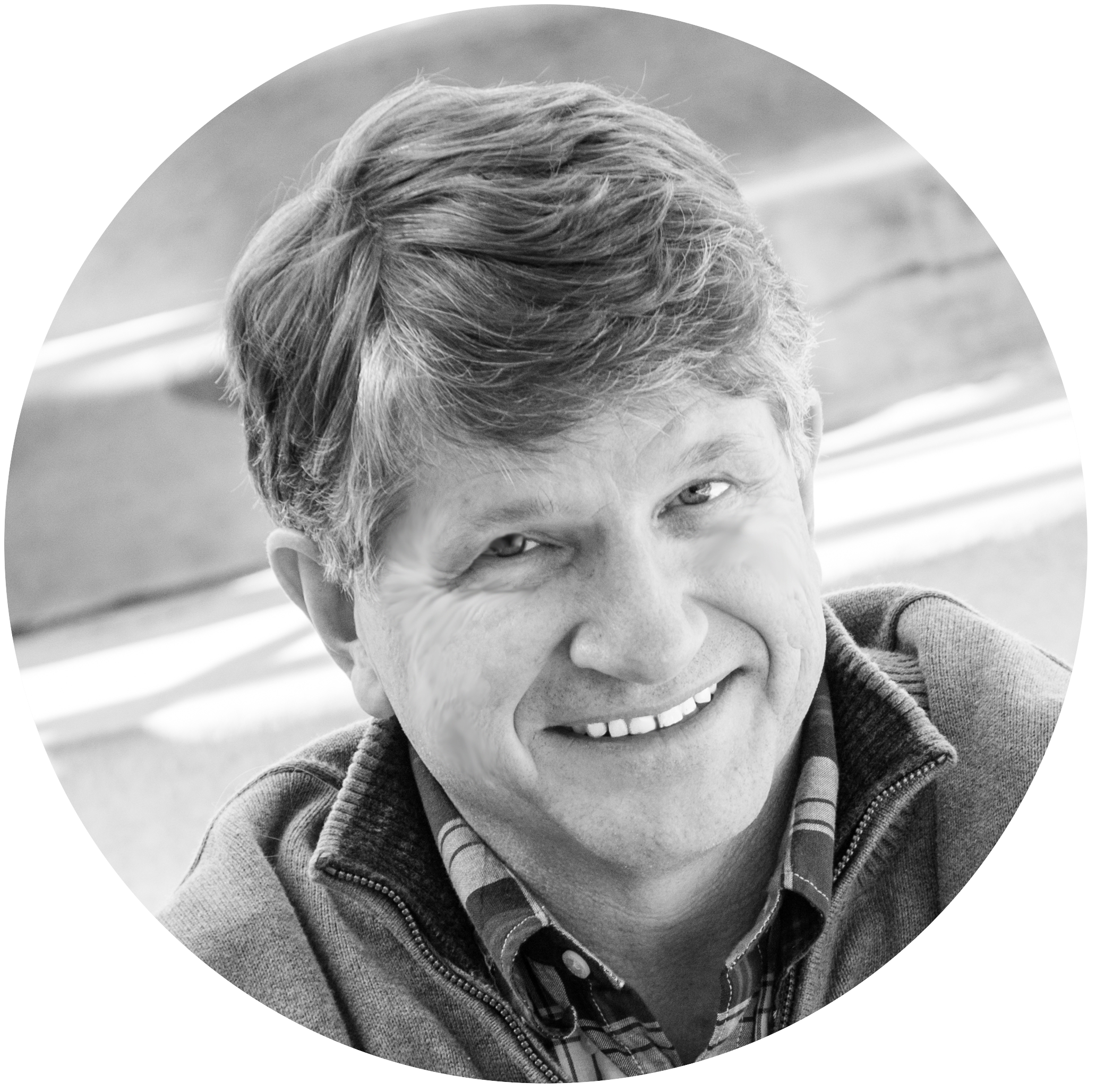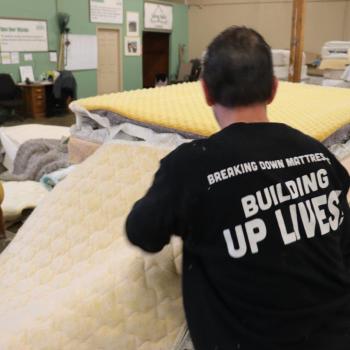Today’s news is driven by words, with every written or spoken word scrutinized and judged. Careers are ruined, reputations destroyed and lives forever changed because of the power of a single word.
Words are changing history.
It’s always been that way, really. Every great movement of change throughout time began with words.
Independence Day marks the beginning of US freedom. But it started with words – really a short document, a Declaration that named the source of true freedom. The War started with words, not battles.
Fast forward 225 years to Ronald Reagan, “Mr. Gorbachev, tear down this wall.” We had spent billions on the Cold War, but with six words Reagan ignited a revolution.
At the center of every pivot in history are words
Think of other words that helped change our world:
“If slavery is not wrong, then nothing is wrong,” said Abraham Lincoln. The nation almost split permanently over those words, but eventually they were enough to heal.
And then these words, “I have a dream that my four little children will one day live in a nation where they will not be judged by the color of their skin but by the content of their character.” Martin Luther King ushered an era of healing and reconciliation — but not without pain.
Remember when Martin Luther tacked his 95 theses to the door of a church in Wittenburg? Or when Gutenberg created the printing press and gave the power of thought back to the people. And then when JFK asked us what we could do for our country.
And Jesus said, “I have come to bring life”.
Words Matter
The strategists resign to this fact. The war-mongers tremble. The financiers deep down acknowledge it.

They have seen the power of words in business, in government, in love.
And you know about words too. Maybe you’ve heard them. I remember when she told me, “I don’t love you.” And then words from my youth, “Stupid.” “Fat.” “Ugly.” And maybe you’ve heard words even worse than that.
I’ve seen movements lately. People interrupt gatherings, speaking over those they disagree with. And the Internet is filled with people who look for any possible reason to belittle. And others — spreading messages through spray paint on boarded up windows, standing outside civic buildings, marching in the streets.
Some of these words are Persuasive. Others are Caustic.
So the temptation is to join in the cacophony of the loudest voices, trying to shout down the other side. There’s no glory in inflicting pain. There’s no victory in causing another’s defeat.
Words should be used to build up. To edify. To restore.
My calling is to find ways to heal, to bring together the hurting people.
And that’s your job too, to find a way to use words to restore. You don’t have to be a writer, but you are a reader, a commenter, a communicator in the everyday.
Don’t stay silent.
Don’t be loud.
Just speak truth in love and the words do their work.














